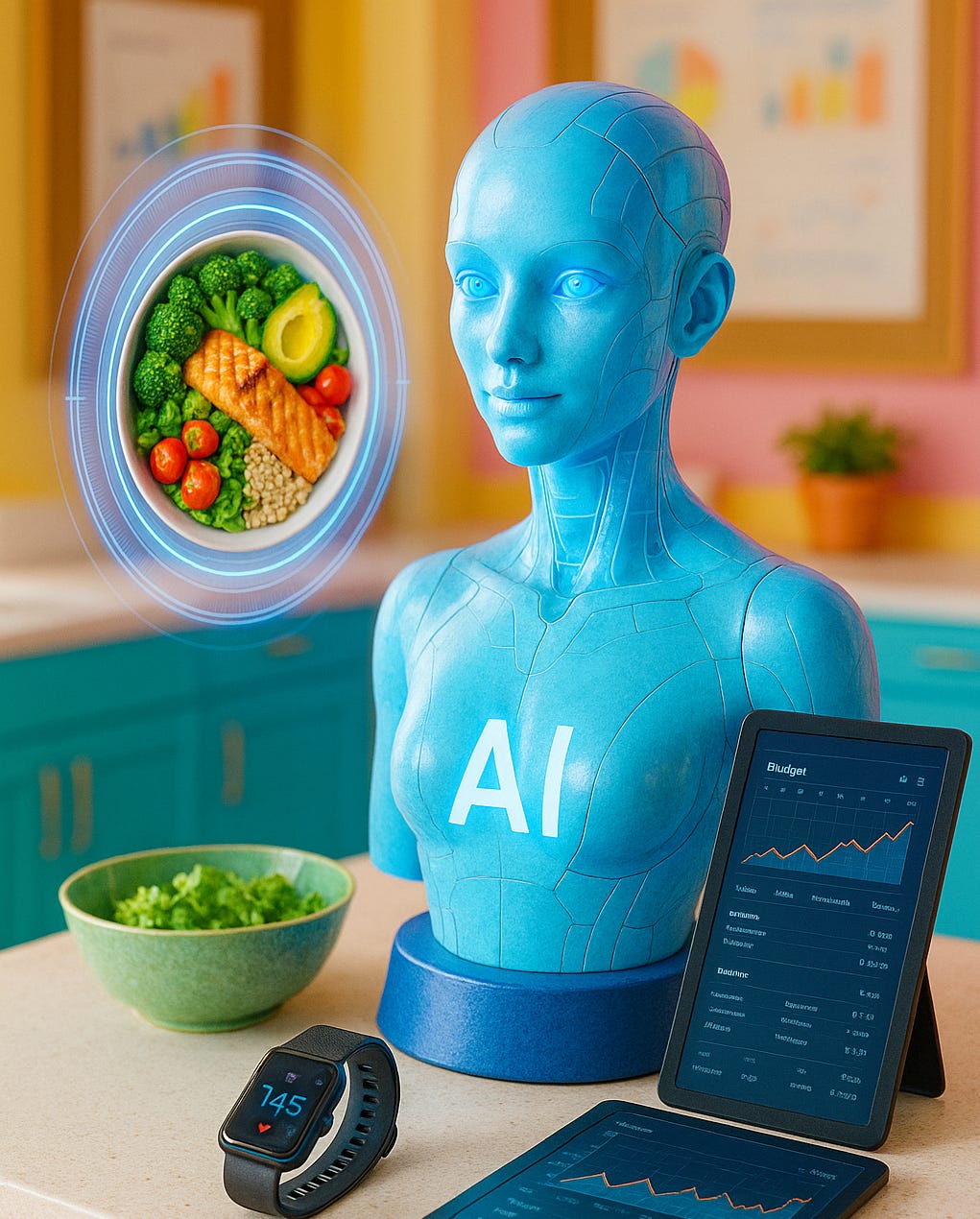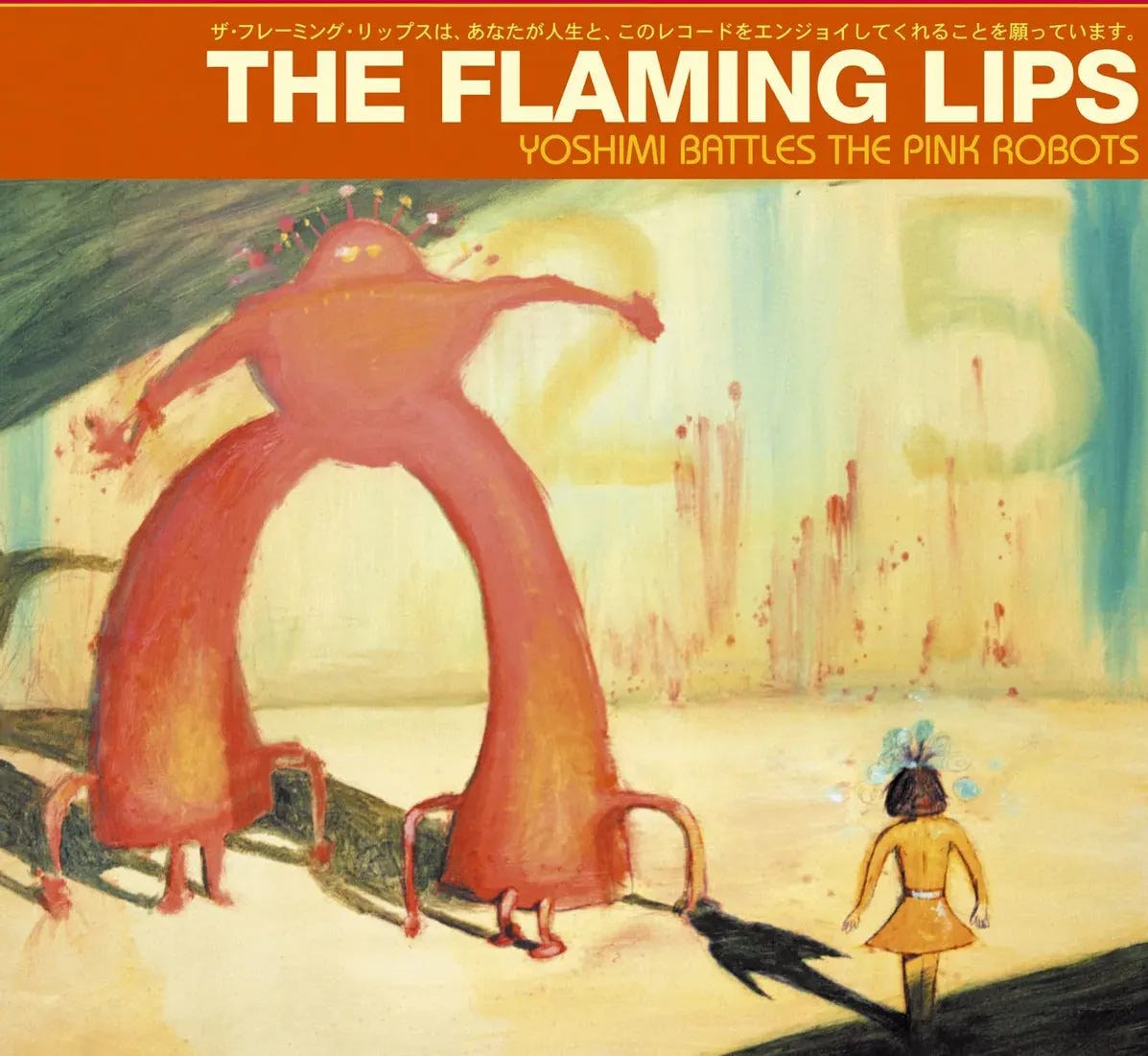Artificial intelligence is taking over the world!
What's the best way to learn about artificial intelligence? Which apps should I be using? (And will the robots really kill us all?)
I live near Silicon Valley, where conventional wisdom holds there are three ways to become a billionaire:
Be born to a billionaire and then wait.
Hope your father is elected President and then #crypto4ever.
Do something in artificial intelligence.
For me, the first two options are already out of reach (and who needs a billion dollars, anyway?)
So how do we become experts at using and understanding AI?
If you want to learn how to use AI
… without a huge investment of time, one of the best places to start is Andrew Ng’s free course ‘AI for Everyone’. It’s just four modules, and Ng — former head of Google Brain — created it for regular people. (Learn how to use AI at home, work, and how to avoid embarrassing mistakes.) Or, you can subscribe to Wharton professor Ethan Mollick’s newsletter with tips on prompt writing, his experiments with different apps, and how to integrate AI into your life. (He offers mini-guides like Using AI Right Now.) Finally, if you’re looking for a book, I would recommend Futureproof: 9 Rules for Surviving in the Age of AI, or if you’re in the mood for a novel, Void Star.

What’s the best AI for Travel?
Nothing will plan the perfect trip — yet! — but a few sites are useful: Mindtrip is great at brainstorming and includes links to all the sites, restaurants and hotels it recommends. Google Gemini is surprisingly good at creating itineraries that figure out flight timing, hotel choices and transportation logistics. Layla is helpful at asking the right questions and refining or expanding options based on your replies. (But, unlike the others, it requires a subscription of $50 per year). And for comparing flights, kayak or google travel still work best.
What’s the best AI for Food?
ChatGPT’s library has nice options for building menus based on your diet, budget and schedule. (“Create a 5-day meal plan of dinners under 600 calories.”) And it can solve cooking problems. (“The recipe calls for 300ml of milk, but I only have 180ml.”) The key is to be specific, and to see the output as suggestions, rather than mandates. Let’s Foodie is great if you have a bunch of things in your fridge (“spinach, chicken, fried rice, sour BBQ sauce”) and want a recipe (“Thai Inspired Chicken!”). And to track what you’re eating, SnapCalorie let’s you take a picture of a meal and does a nice job of reporting calories and nutrition details.
What’s the best AI for Fitness?
I use Hevy to build workout plans — but it’s not AI. If you’re looking for something that builds custom plans, Fitbod can get as specific as you want (“give me a 15 minute beginner workout for a man that focuses on glutes and only uses dumbbells”) and has nice videos of each exercise. Freeletics gives you daily guidance from an AI coach that adapts as you use it. (Though, like all of these, it is not actually free.)
What about budgeting and money?
Honestly, you’re better off NOT using AI for tracking your finances. Studies show the best way to stay on budget is to enter details (bank totals, credit card debt, investment gains) into a spreadsheet once a week — which will force you to pay closer attention to where your money is going. I use Simplifi to get all my transactions in one place (and then input the totals into an excel spreadsheet). Monarch Money does a nice job of tracking your spending. But the key here is to avoid dashboards that are easy to read (and then forget). You want to force yourself to interact with the data.

How can I prepare for the future (and will the robots kill us)?
When researchers studied 12 million job ads in 2024, they found that AI actually increases the value of human “complementary skills” — things like teamwork, resilience, communication and digital fluency. The future of work will be humans collaborating with AI the same way we partner with colleagues. (Think of AI as a silent teammate — generating drafts, sorting data, highlighting risks — while you bring judgment, context, and knowing when to talk to the boss.) How do we get ready for that world? By learning to question artificial intelligence: People (including students) learn more when they’re asked to critique and revise AI output, rather than just accept it. (Lots of great examples for teachers here.) And though some people believe AI will destroy us, it’s unlikely. The bigger risks are human: AI being used for misinformation and surveillance, and our colleagues not learning how to use the technology to keep up with our peers.
What’s your favorite use of AI? Let me know in the comments!


Looks like Andrew Ng’s course now costs 49 dollars.
We think AI is taking over the world. What did is the Click Economy.
AI Challenges, Creative Experiences, and the Battle for Control Over the Real Economy
Why algorithms can trend but humans still rule — from Hollywood’s latest AI algo hook victory to building trustworthy affordable marketplaces.
AI vs. Human Creativity
“Algorithms Can Trend. Humans Still Rule.”
AI fakes can trend, but they can’t rule — experience, creativity, and human connection still run the game.
Are B2B LinkedIn and creator friendly Substack real, or just more hype machines?
Hollywood has a new star. And she isn’t human. Tilly Norwood, an AI-generated actress, is the latest attempt to bottle influence and scale charisma on autopilot. But Tilly Norwood herself? She’s smoke and mirrors — a synthetic hook built to stir panic and drive traffic. The Hollywood game plays out across every corner of life — from trusted advisors to dental offices and shopping experiences.
Meanwhile, in the real world of business, music, and culture, stars like Bad Bunny and Kendrick Lamar prove that marketing machines can amplify creative voices — but experience and originality can’t be faked. That’s consumer games. Business is exhausted along with the consumers who buy their products looking for real quality.
If you’re still chasing formulas and algorithms, you’re already behind. Beware the audience-plus-income models, the online money schemes, and influencer authority playbooks when you’ve got a real skill, a B2B business, or want lasting success that you actually own as a consumer who also has to get paid for your labor, skills, or ideas.
That’s true for trusted advisors, agency owners, and healthcare providers alike. The audience is being played because nobody can keep up with all the online complexity, investor-insider games, and the hype factory that employs their marketing agents.
Nobody cares about these headlines, click bait tricks, and writing content to make their business work except experts in the industry who today deploy very complex angles.